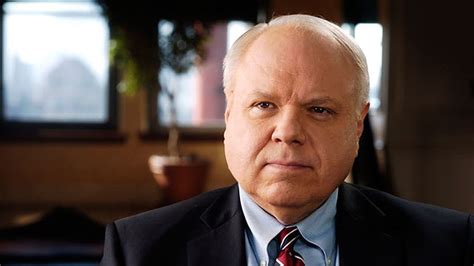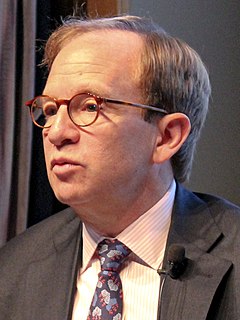A Quote by Barney Frank
Increasing inequality in income distribution in this country has broader policy implications, and there is also the growing problem of perverse incentives that result from executives receiving grossly disproportionate compensation based on decisions they themselves take.
Related Quotes
I want the government in the DRC and everywhere where gender inequality is a problem, it's not only an African problem, to take this seriously, also to do everything they can to ensure that we put an end to impunity, to address the problem of impunity and also to assist the women; to empower women, to make sure that they have a voice and a seat at the table where decisions are made.
The growing inequality of wealth and income distribution is both a moral and economic problem. If the wealthy are unwilling to pay more taxes, then this is going to lead to spending cuts. And if you put off the table things like national defense, then you're going to end up cutting more and more out of programs that aid the poor. So, I think there are consequences to this idea that tolerance for inequality requires us to - to just do nothing to make the wealthy contribute a higher share of resources to fund the government.
They talk about class warfare -- the fact of the matter is there has been class warfare for the last thirty years. It's a handful of billionaires taking on the entire middle-class and working-class of this country. And the result is you now have in America the most unequal distribution of wealth and income of any major country on Earth and the worst inequality in America since 1928. How could anybody defend the top 400 richest people in this country owning more wealth than the bottom half of America, 150 million people?
Most of the productivity gains appear to go to the top 1 percent. Most people don't have enough income and as a result, they borrow additional money by using their credit card and they fall into high debt. The result of the growing income gap is a slower growing GDP (too few people with money to spend) and a rising tide of indebtedness.
































